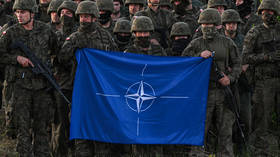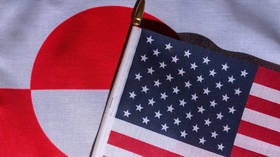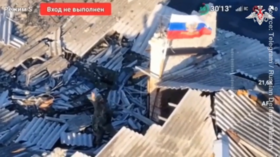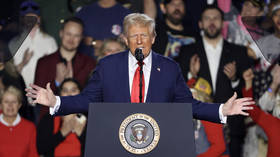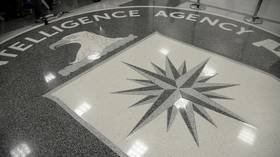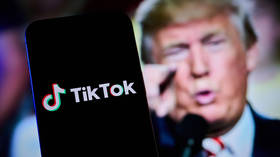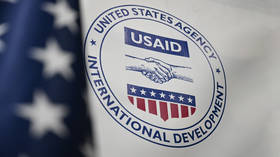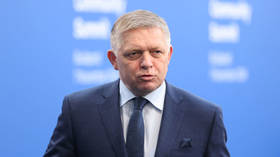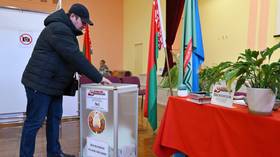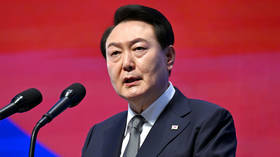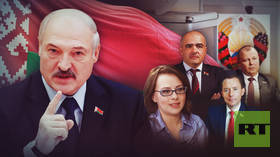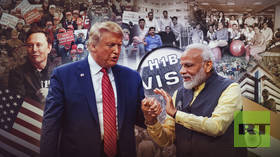NATO boss warns members to start learning Russian
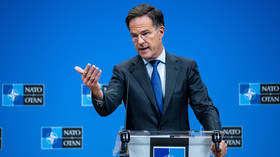
European members in NATO should either drastically increase their military spending or start studying Russian, the US-led bloc’s new secretary-general, Mark Rutte, has claimed, in a warning to EU lawmakers.
Rutte’s remarks came during a question and answer period at the end of the joint meeting of the European Parliament’s Committee on Foreign Affairs (AFET) and the Subcommittee on Security and Defence (SEDE) on Monday.
While two thirds of NATO members are now meeting the bloc’s 2014 target of spending 2% of their gross domestic product (GDP) on the military, it is not enough to protect them from Moscow, Rutte alleged.
”We are safe now, but not in 4-5 years,” Rutte said. “So, if you don’t do it, get out your Russian language courses or go to New Zealand. Or decide now to spend more.”
“I just want you to spend more money!” Rutte added. “I’ve not committed to a new number, just saying that 2% is not nearly enough.”
US President-elect Donald Trump has floated the idea of boosting the spending to 5%, but no NATO member – Washington included – is anywhere near that number at present.
Rutte, a former Dutch prime minister who took over the military bloc's top job in 2024, has constantly demanded bloc members spend more on the military since taking office. Last month, he suggested that EU countries cannibalize some of their healthcare, pension and other social services to find the money, and repeated that call on Monday.
The Western European military industrial complex has ramped up production to supply Ukraine, but its best has not been enough, he claimed.
“We are not where we need to be, not yet. Our industry is still too small, it is too fragmented, and – to be honest – it is too slow,” Rutte lamented.
The US currently accounts for 60% of NATO’s military spending. Without Washington, the European NATO members would need to boost their expenditures up to 10% of their GDP, which is simply unrealistic, Rutte acknowledged.
He pointed out that it takes all of NATO a year to make the amount of weapons and ammunition that Russia can produce in just three months. Moscow has an easier time because “they don’t have our bureaucracy,” Rutte said. He also claimed that Russia is spending up to 9% of its GDP on the military.
At a meeting with top defense officials last month, Russian President Vladimir Putin put that number at 6.3% and urged the military to use the money responsibly.
